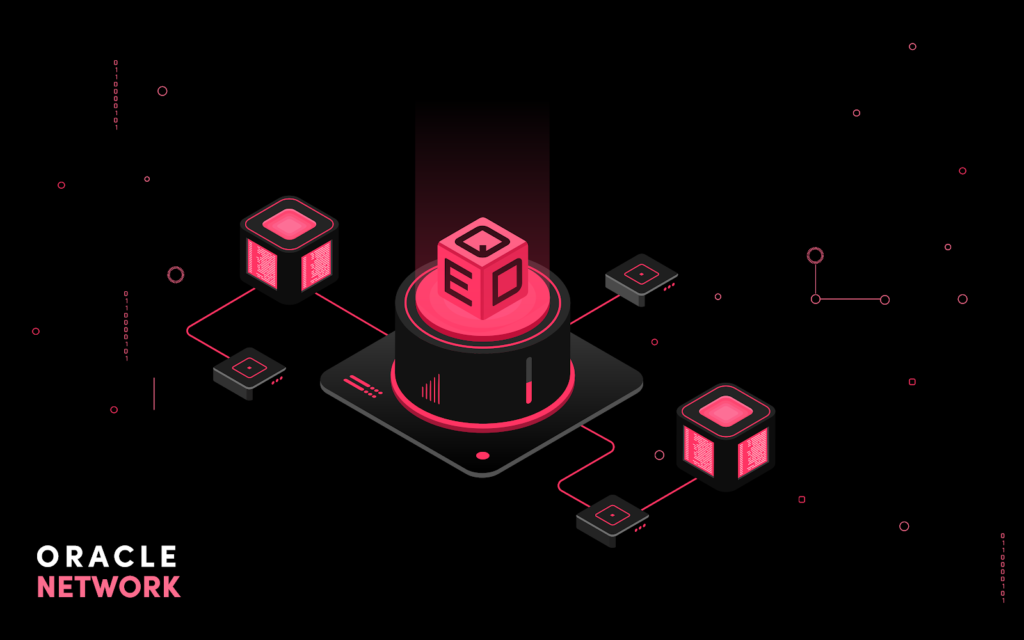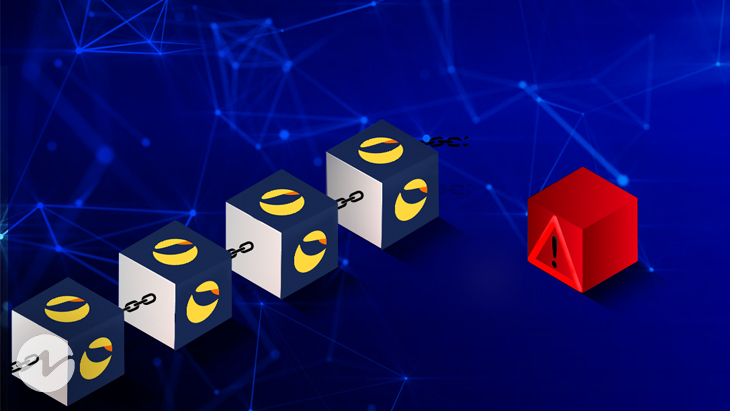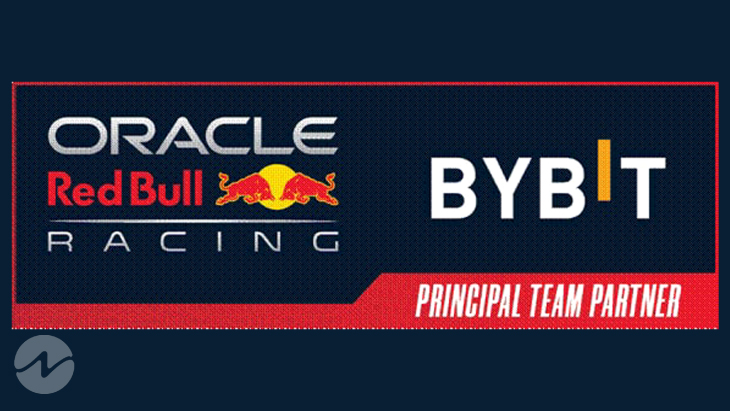It is no secret that the rise of blockchain has helped give birth to an era of decentralized governance that no technologist could have fathomed just a few years back. In this regard, blockchain-based smart contracts are revolutionizing the way in which digital transactions are being conducted today all over the globe, i.e. in a way that is totally free of any human intervention or third party interference.
Within this context of such a transparency-based digital ecosystem, blockchain oracles can be considered as the primary means through which real-time data — ranging from live basketball scores to election results — can be relayed between two parties using a distributed ledger. To elaborate, oracles are an especially critical component of the fast-evolving DeFi market, since they help provide users with accurate, secure price updates (amongst a host of other relevant data).
Also, as the global tech landscape continues to move towards a Web3 oriented decentralized design, oracles will continue to play an increasingly important role within multiple sectors — much beyond their existing role of providing price feeds for DeFi protocols or relaying event outcomes for prediction markets.
And, while oracles when used in conjunction with transparent, immutable ledgers promise great things — i.e. they can be deployed to help mitigate issues related to government corruption, restore forests, validate supply chain data, streamline healthcare services — there are certain issues that are fast becoming too big to ignore when talking about these systems.
The problems with existing oracles
Straight off the bat, it should be noted that the many promises of transparency and decentralization being offered by Oracle-based platforms today are valid insofar that the data being recorded onto the blockchain in question is completely tamper-proof. In this regard, it is worth delving deep into the question of “Who or which individual authority has the power to authenticate data that is being submitted/uploaded onto a particular blockchain?”
This very conundrum has been described by many experts as being the inextricable difficulty that exists when it comes to linking any digital asset to its physical counterpart — at least within the context of a decentralized framework.
As an example, say person A has to transfer the ownership of a particular item (such as a car) to person B. When the transfer is taking place, the associated smart contract needs to ensure that the transaction is actually taking place.
To do this, there are a whole host of different pathways but the heart of the issue remains the same — i.e. whatever may be the means of confirmation, a third party is always needed for the verification of events occurring in the physical world. And while there are some networks that have sought to alleviate some of these concerns via the use of certain novel methodologies — such as the use of a base-recourse model — the problem, by and large, is still quite persistent across the board today.
Recent threats to consider
Over the last couple of years, instances of oracles — particularly those that are dependent on third-party data sources — being compromised have continued to grow in number. In this regard, it should be noted that during Q4 2020, prominent decentralized finance (DeFi) exchange Compound was at the receiving end of one such problem that saw the platform lose approx. $90 million.
The issue emanated from the fact that Compound was making use of data from an untrusted, third-party feed being relayed by CoinbasePRO. To elaborate, while the DAI price being transmitted was shown to be $1.3, the actual rate of the token was much closer to the $1 mark. This drastic price difference resulted in mass liquidations taking place — especially from those individuals who had shorted the asset via the use of massively collateralized loans.
Similarly, another such oracle price feed issue resulted in bZx, a protocol designed for tokenized margin trading and lending, being swindled for a sizable sum of $500,000. Not only that, even Value DeFi, one of the world’s most popular yield farming protocols, was on the receiving end of a $6 million hack recently after someone exploited a vulnerability with its unaudited, centralized price oracle.
To put things into perspective monetarily, research data revealed that over the course of 2020 alone, price oracle manipulation resulted in losses touted to be worth over $30 million — a statistic that was also retweeted by ethereum.org, thereby highlighting the gravity of the situation.
The solution to blockchain’s Oracle quandary

From the outside looking in, QED can be best described as a decentralized Oracle that comes replete with a highly robust economic model enabling the ecosystem to seamlessly connect multiple blockchains, smart contract platforms, and off-chain data sources.
In terms of QED’s operational capabilities, the platform’s native oracle module has been designed in a manner that is decentralized such that all of the data it sources is obtained from numerous sources after having reached community consensus. In fact, the protocol also comes replete with a ‘recourse system’ that is designed to provide users with external collateral in the event of a failure.
When it comes to upholding the integrity of its system, QED makes use of a post-execution process that is capable of sorting out any errors that may be incurred as part of transactions taking place within the system as well as providing due compensations to individuals who may have lost their funds as a result of any technical breakdowns.
In brief, when it comes to QED, each and every piece of transmitted data is integrated into a trustless, pre-programmed smart contract environment wherein the base protocol can relay info without having to be dependant on a centralized middleman to provide the platform with external security, data accuracy, or transparency.
Looking ahead
As things stand today, most online oracles in their present form are quite susceptible to some sort of front-running or arbitrage-related issue. Therefore, in the future, these systems need to become more blockchain native so that the systemic threats that exist in relation to them can be mitigated. QED is one such option, allowing users to operate freely within the realm of DeFi without having to worry about any such issues. That said, it will be interesting to see how the future of this space continues to play out from here on end.








